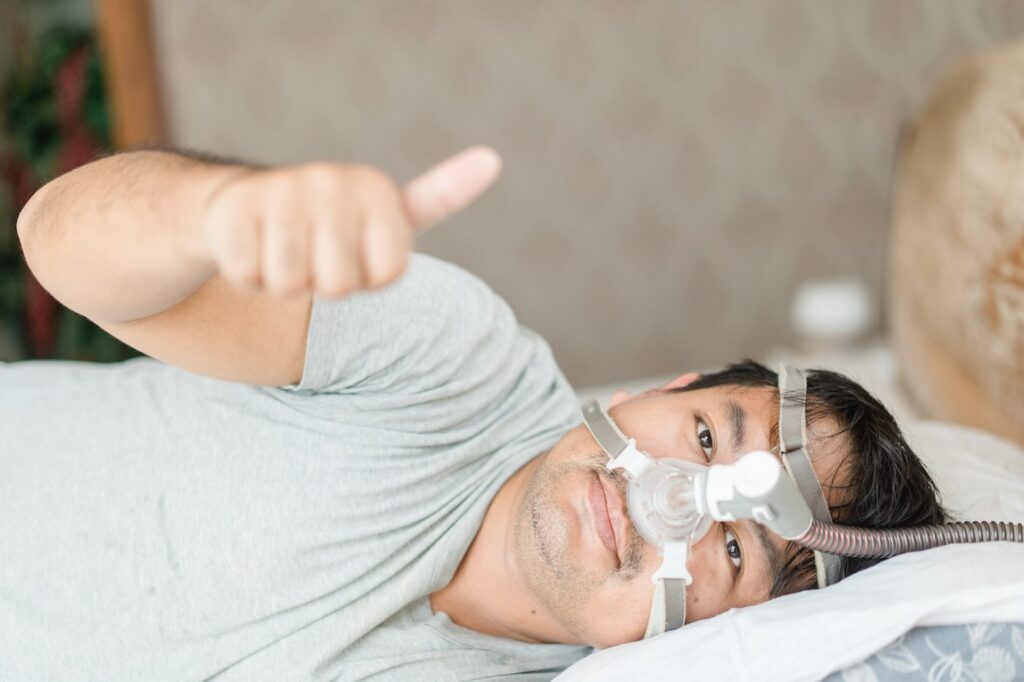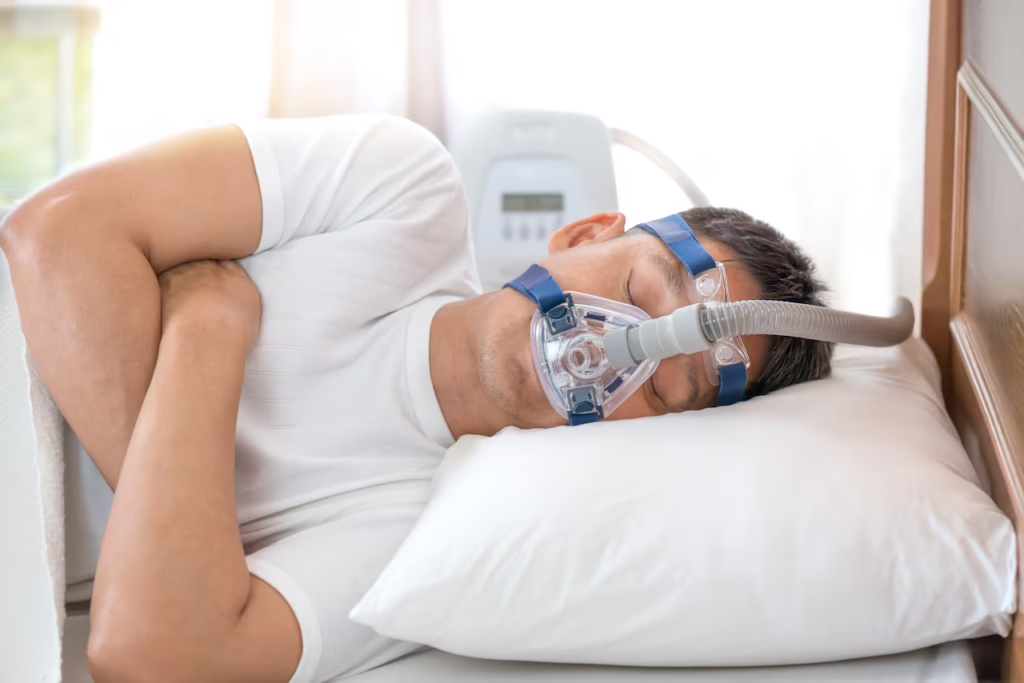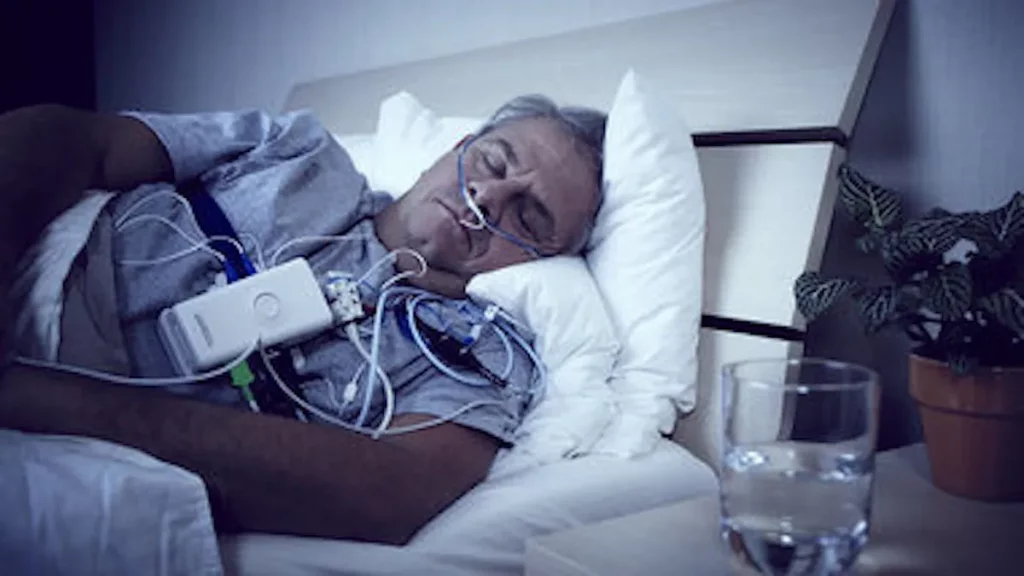Sleep apnea is a common sleep disorder that affects millions of people worldwide. It is characterized by interruptions in breathing during sleep, leading to a lack of oxygen in the body. If left untreated, sleep apnea can have serious health consequences, including hypertension, heart disease, and stroke. Getting an accurate diagnosis is crucial for managing the condition effectively. However, the cost of sleep apnea tests can often be a concern for many individuals. In this article, we will break down the cost of a sleep apnea test, explore different types of tests available, and discuss financial assistance options that can make testing more affordable.
Understanding Sleep Apnea
Sleep apnea is a sleep disorder that causes breathing to repeatedly stop and start during sleep. There are three main types of sleep apnea: obstructive sleep apnea (OSA), central sleep apnea (CSA), and complex sleep apnea syndrome (CSAS). OSA, the most common form, occurs when the muscles in the throat fail to keep the airway open, resulting in breathing interruptions. CSA, on the other hand, happens when the brain fails to send signals to the muscles that control breathing. CSAS is a combination of both OSA and CSA.
When contemplating a sleep apnea test cost, understanding the costs involved is essential. The overall cost can vary depending on several factors, including the type of test, the location, the healthcare provider, and any additional services or consultations required.
What is Sleep Apnea?
Sleep apnea is a chronic condition that affects the quality and quantity of sleep. People with sleep apnea often experience loud snoring, gasping or choking episodes during sleep, excessive daytime sleepiness, morning headaches, and irritability. The interrupted sleep caused by sleep apnea can leave individuals feeling fatigued and affect their overall well-being.

Symptoms and Risks of Sleep Apnea
Recognizing the symptoms of sleep apnea is essential for seeking proper diagnosis and treatment. Besides loud snoring and excessive daytime sleepiness, other symptoms include frequent waking up during the night to urinate, dry mouth or sore throat upon waking, difficulty concentrating, and mood swings. Individuals with sleep apnea are also at an increased risk of developing high blood pressure, heart problems, type 2 diabetes, and obesity.
It is important to note that sleep apnea can affect individuals of all ages, including children. In children, sleep apnea may manifest differently, with symptoms such as bedwetting, poor school performance, hyperactivity, and growth delays. Pediatric sleep apnea can have long-term effects on a child’s cognitive development and behavior if left untreated.
Furthermore, the impact of sleep apnea extends beyond physical health. Studies have shown that untreated sleep apnea can lead to difficulties in relationships, decreased productivity at work, and an increased risk of accidents due to daytime drowsiness. Seeking early intervention and treatment for sleep apnea is crucial in improving not only the individual’s health but also their overall quality of life.
The Importance of Sleep Apnea Testing
Obtaining an accurate diagnosis for sleep apnea is crucial for effective management and improved quality of life. Sleep apnea testing helps identify the severity and type of sleep apnea an individual has, allowing healthcare professionals to develop a personalized treatment plan. Testing can also help rule out other sleep disorders that may present with similar symptoms.
Moreover, sleep apnea testing plays a vital role in understanding the impact of this condition on an individual’s overall health. It provides valuable insights into how sleep apnea affects various bodily functions and helps healthcare providers tailor interventions to address specific needs.
Read about sleep spnea test Perth at: All About Sleep Tests in Perth
Diagnosis of Sleep Apnea
The most common method for diagnosing sleep apnea is through a sleep study, also known as a polysomnography. A sleep study measures various bodily functions during sleep, including brain waves, heart rate, eye movements, and oxygen levels. This study is typically conducted in a sleep lab, where individuals stay overnight while wearing multiple sensors and electrodes. The gathered data helps healthcare professionals assess the severity of sleep apnea and determine appropriate treatment options.
Furthermore, the data collected during a sleep study can reveal important patterns and trends that aid in understanding the underlying causes of sleep apnea. This comprehensive analysis is essential for developing targeted interventions that address the specific needs of each individual, leading to more effective treatment outcomes.
Benefits of Early Detection
Early detection of sleep apnea is crucial for maintaining good health and preventing further complications. By undergoing sleep apnea testing, individuals can identify and address the condition early, leading to improved sleep quality, increased daytime energy levels, decreased risk of associated health problems, and better overall quality of life. Early detection and treatment can also reduce healthcare costs in the long term. Read more about risk at https://www.marquette.edu/riskunit/riskmanagement/whatis.shtml
Additionally, early intervention can help individuals make lifestyle modifications and adopt healthy sleep habits that support long-term management of sleep apnea. This proactive approach empowers individuals to take control of their health and well-being, promoting better sleep hygiene and overall wellness.
Different Types of Sleep Apnea Tests
Several types of sleep apnea tests are available depending on the specific needs and circumstances of the individual. These tests can be conducted either in a sleep lab or in the comfort of the individual’s own home.
When it comes to diagnosing sleep apnea, healthcare providers have a range of options at their disposal. Understanding the differences between these tests can help individuals make informed decisions about their sleep health.
In-Lab Sleep Study
An in-lab sleep study, as mentioned earlier, requires individuals to spend a night in a sleep lab. During the study, a technician will monitor the individual’s vital signs and sleep patterns using specialized equipment. The collected data is then analyzed by healthcare professionals to determine the presence, severity, and type of sleep apnea. While in-lab sleep studies provide comprehensive data, they can be more expensive and may require additional time commitment.
For those who struggle with sleep disturbances or have underlying health conditions, an in-lab sleep study can offer a more thorough assessment of their sleep quality. The controlled environment of a sleep lab allows for precise monitoring and evaluation, leading to a more accurate diagnosis.
Home Sleep Apnea Test
For individuals who prefer a more convenient and cost-effective option, a home sleep apnea test may be a suitable alternative. Home sleep apnea tests typically involve wearing a portable monitor that measures breathing patterns, oxygen levels, and other vital signs while sleeping in the comfort of one’s own bed. These tests are simpler and less expensive than in-lab studies, but they may not provide as much detailed information. Click here to find more about oxygen.
Despite their limitations, home sleep apnea tests offer a convenient way to screen for potential sleep apnea issues. They are especially beneficial for individuals who have difficulty sleeping in unfamiliar environments or those who live in remote areas with limited access to sleep clinics.
Analyzing the Costs
Delving deeper into the realm of sleep apnea testing costs reveals a multifaceted landscape that demands careful consideration. Beyond the basic expenses associated with the test itself, individuals must factor in ancillary costs that may arise. These can include charges for follow-up appointments, specialist consultations, or the need for additional diagnostic tests to confirm a diagnosis. Such supplementary expenses can significantly impact the total cost of undergoing a comprehensive evaluation for sleep apnea.
Cost Factors for Sleep Apnea Tests
The cost of an in-lab sleep study can range from several hundred to several thousand dollars, depending on the geographical location and the specific clinic or sleep center. Home sleep apnea tests, being less comprehensive, are relatively more affordable, typically ranging from a few hundred to one thousand dollars. Keep in mind that these figures represent average costs and can vary widely. It is essential to consult with healthcare providers and insurance companies to obtain accurate cost estimates.
Moreover, the intricacies of pricing structures for sleep apnea tests extend beyond the surface figures. Factors such as the level of expertise of the healthcare professionals conducting the test, the technology and equipment utilized, and the duration of monitoring can all influence the final cost. Understanding these nuances can empower individuals to make informed decisions regarding their healthcare and financial planning when considering a sleep apnea test.

Insurance and Sleep Apnea Tests
Many health insurance plans cover sleep apnea tests, either partially or in full. However, the coverage and reimbursement policies may differ among insurance providers. Some insurance plans require pre-authorization or a referral from a primary care physician before approving the test. It is crucial for individuals to review their insurance policy, understand the specific coverage details, and communicate with their insurance provider for guidance on the sleep apnea testing process and expected out-of-pocket costs.
Furthermore, navigating the landscape of insurance coverage for sleep apnea tests can be a complex journey. Individuals may encounter varying levels of coverage based on their specific insurance plan, with some policies offering comprehensive benefits for diagnostic testing and treatment, while others may impose restrictions or require higher out-of-pocket expenses. Understanding the nuances of insurance coverage for sleep apnea can help individuals avoid unexpected financial burdens and ensure they receive the necessary care without undue financial strain.
Financial Assistance and Affordable Alternatives
For individuals facing financial constraints or limited insurance coverage, there are a few options available to make sleep apnea testing more affordable.
When it comes to health insurance coverage, it’s important to explore different plans that offer full or partial coverage for sleep apnea testing. Upgrading your insurance plan may also be an option to receive better coverage for sleep apnea diagnostic tests. By taking the time to understand your insurance options, you can alleviate the financial burden and ensure that you receive the necessary testing.
However, for those with limited financial resources, health insurance coverage may not be enough. That’s where patient assistance programs can make a difference. Some pharmaceutical companies and nonprofit organizations offer these programs to help individuals access sleep apnea tests and treatments at reduced costs or even for free. These programs often have specific eligibility criteria and may require individuals to demonstrate financial need. By researching and reaching out to these programs, you can find alternative options that fit your circumstances.
A good night’s sleep is essential for overall health and well-being. If you suspect you may have sleep apnea, seeking proper diagnosis and treatment is crucial. While the cost of sleep apnea tests can be a concern, it’s important to remember that there are ways to make testing more affordable. By exploring different options, understanding insurance coverage, and considering financial assistance programs, you can take the necessary steps towards improving your sleep quality, health outcomes, and overall quality of life.
It’s worth noting that sleep apnea testing is not something to be taken lightly. Sleep apnea can have serious health consequences if left untreated, including an increased risk of heart disease, stroke, and other medical conditions. Investing in the right sleep apnea test is an investment in your long-term health and well-being.

